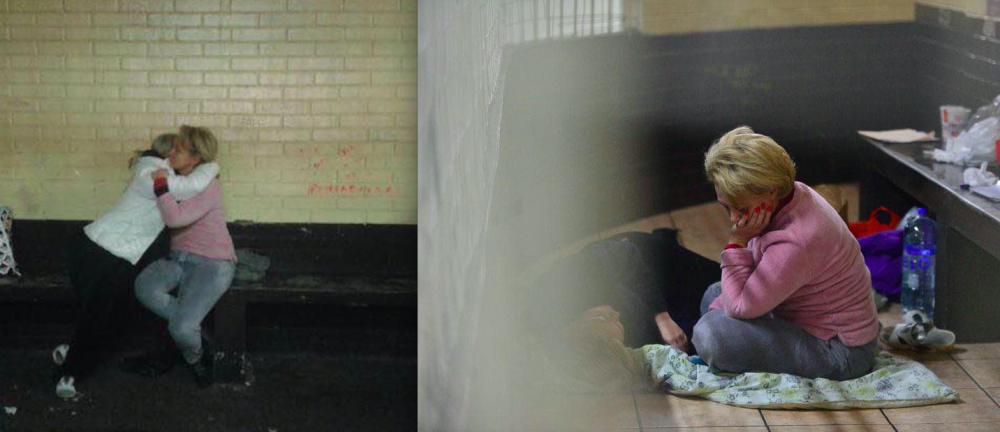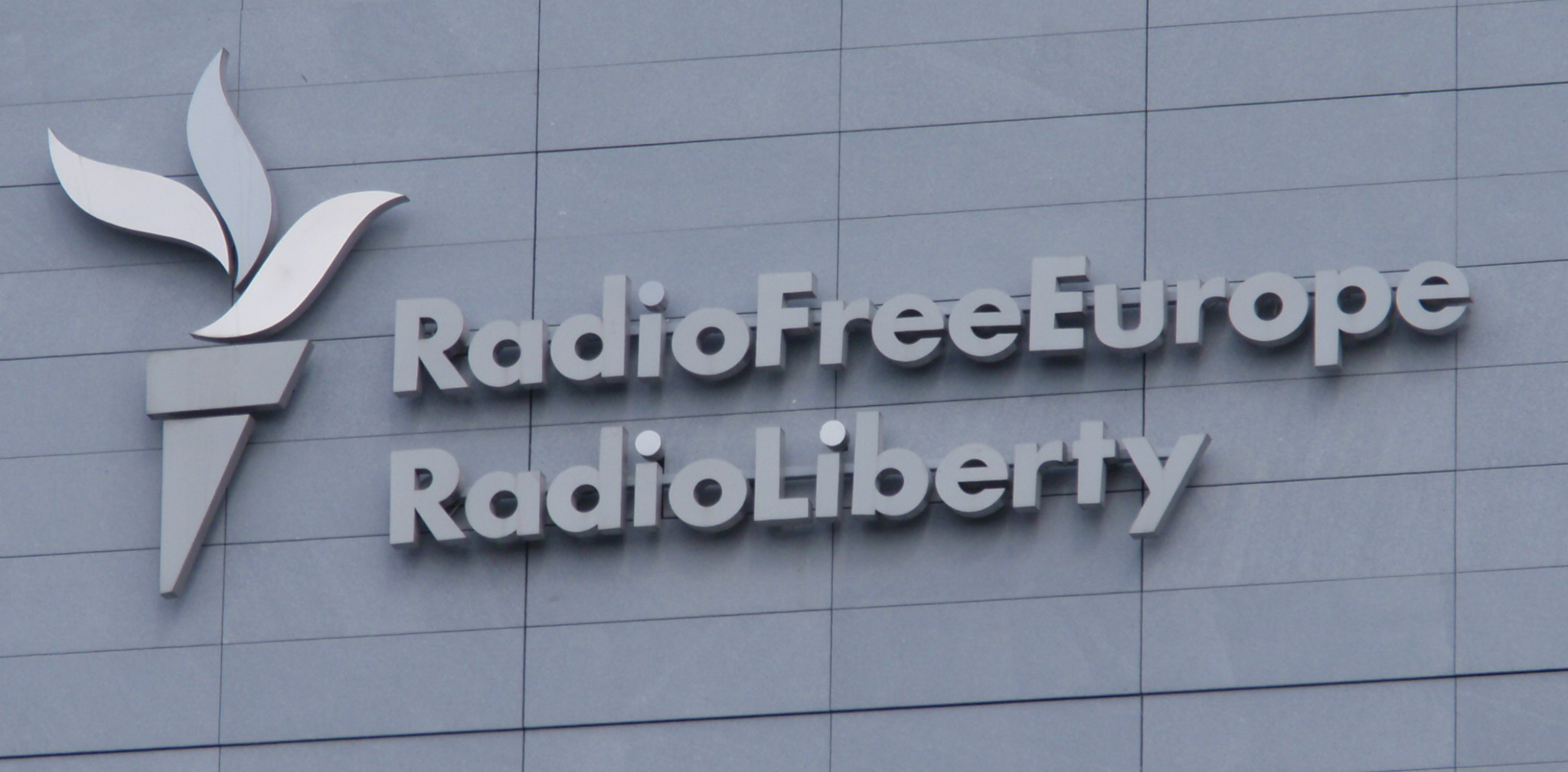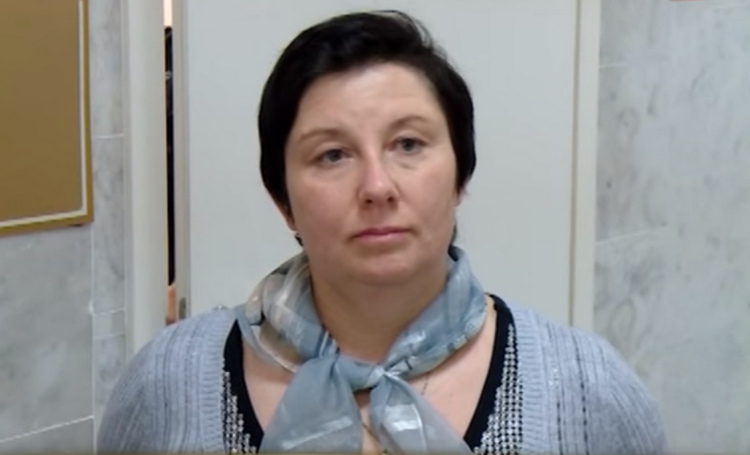Many people continue to carry with them an image of the Iron Curtain as consisting of barbed wire, concrete blocks, raked earth, and KGB guards. That was certainly part of the institution of isolation that the Soviet government imposed on its own people and its empire in Eastern Europe.
But it was only a part: Moscow’s Iron Curtain also consisted of rules that restricted the right of people to travel, even to border zones, and sent a message to those under its control that they might be able to flee from the territory of the empire but they would never be able to escape the attentions and possible retribution by the Soviets for their actions.
Both because of the image of the Iron Curtain that many have and because this deeper and broader meaning of the Iron Curtain, it should come as no surprise to anyone that Vladimir Putin, with his passion for a “hybrid” approach in all things, one that offers him plausible deniability, is increasingly seeking to send a new message that no one can escape his clutches.
Sometimes that has involved murders of people abroad like the Litvinenko case in London; sometimes it has involved penetration efforts directed against émigré Russian, Cossack, Circassian and other groups; and sometime it has featured stories in the Kremlin-controlled media about the sad fate of those who think they will have a better life and escape the Kremlin if they “go West.”
But increasingly, it involves targeted and superficially legal attacks at individuals and their families who have moved there that typically take place under the radar screens of most Western governments and Western media but that sends the message Putin wants to peoples still within the borders of the Russian Federation.
And all these cases not only reflect the cultural “code” of Russian state security apparatchiks like Putin who remember that a tiny group of emigres returned to Russia in 1917 and overthrew the government but also the desire to shut Russia off from the world without doing anything so crude as building a new Berlin wall or erecting barbed wire fences, at least for the time being.
One such case involves the family of Igor Bitkov who founded a major timber company in northwest Russia only to have it raided by banks with close ties to the Kremlin, his daughter kidnapped and drugged by persons unknown and himself threatened as many Russian businessmen have been with criminal charges of corrupt activities.
Bitkov and his wife fled to Guatemala in 2008 – their adult daughter eventually joined them – where they acquired residence and working permits and where they had a son, Vladimir. As Michael Weiss puts it, the Bitkovs fled “7,000 miles” to be safe from “Putin’s people” only to find out they were wrong.
They have been pursued by Russian officials, held without bail by Guatemalan officials, had their youngest child taken away from them, and are now threatened with possible extradition even though Russia and Guatemala do not have an extradition treaty. All of this, Grigory Pasko reports on Ekho Moskvy, has received intensive coverage in Kremlin-controlled media.
As Pasko suggests, many Russians would be inclined to dismiss this as the latest case of “raiding” by Kremlin-linked businesses against other businesses whose leaders didn’t “cooperate” with Putin. But there is more involved than that, he suggests, including Moscow’s heavy-handed use of a UN agency and its own investments in Guatemala to get its way.
And consequently, the real message has been delivered to the population of the Russian Federation: don’t think you can escape the Kremlin just by leaving the country, a message Putin may be especially interested in sending because so many educated and entrepreneurial Russians have already left and polls suggest that more will.
Except for Weiss’ extremely detailed article and a few others which have viewed it through the optic of the Kremlin’s abuse of its power to get its hand on economic assets, the Bitkov case has not attracted the attention in the West that it should given both the human tragedy involved and the broader message Moscow clearly intends to send.
But there is an online petition circulating which can be signed at SupportTheBitkovs.com. It deserves support because the Bitkovs are clearly innocent victims of one of Putin’s most recent crimes and because what he and his regime are doing to them is part and parcel of the construct of a “hybrid” Iron Curtain.








